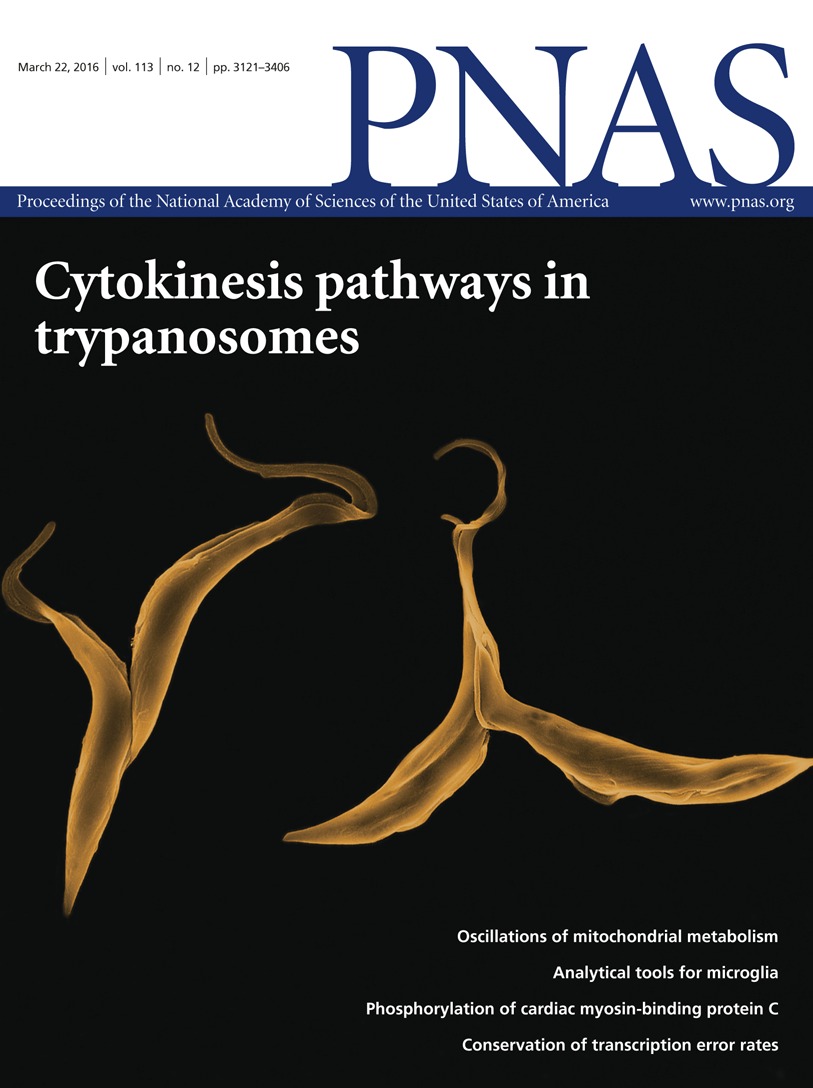
The University of Gothenburg has requested the dismissal of a researcher who has been found guilty of scientific misconduct in seven articles.
The researcher, Suchitra Sumitran-Holgersson, is “guilty of research misconduct through intentional fabrication, falsification or suppression of basic material and deliberately abandoning good scientific practice in seven of the reviewed articles,” according to a press release from the University of Gothenburg (GU). Sumitran-Holgersson continues to insist any issues were the result of “unfortunate errors,” not misconduct.
As a consequence, GU vice-chancellor Eva Wiberg has:
Continue reading University recommends researcher be fired after misconduct finding


 Earlier this year, the president of the Karolinska Institute,
Earlier this year, the president of the Karolinska Institute, 
 Adeel Safdar was once a rising star in the field of kinesiology. After completing his doctorate degree at McMaster University in Canada, working with one of the titans of his field, Safdar took a postdoc at Harvard, then accepted a
Adeel Safdar was once a rising star in the field of kinesiology. After completing his doctorate degree at McMaster University in Canada, working with one of the titans of his field, Safdar took a postdoc at Harvard, then accepted a  A group of Australian researchers who studied the cat’s meow as a model for urinary incontinence and other motor-neural issues in people have
A group of Australian researchers who studied the cat’s meow as a model for urinary incontinence and other motor-neural issues in people have  The U.S. Office of Research Integrity (ORI)
The U.S. Office of Research Integrity (ORI)